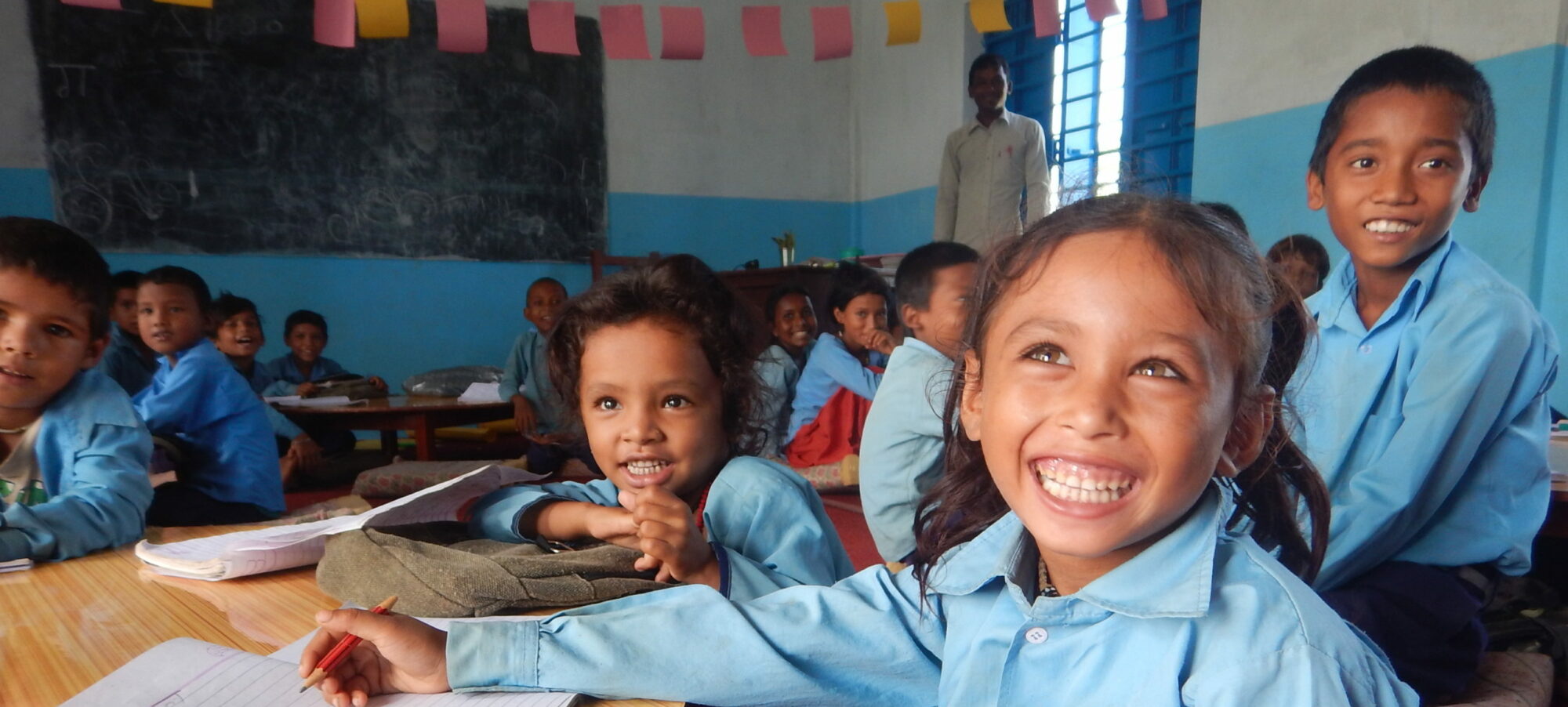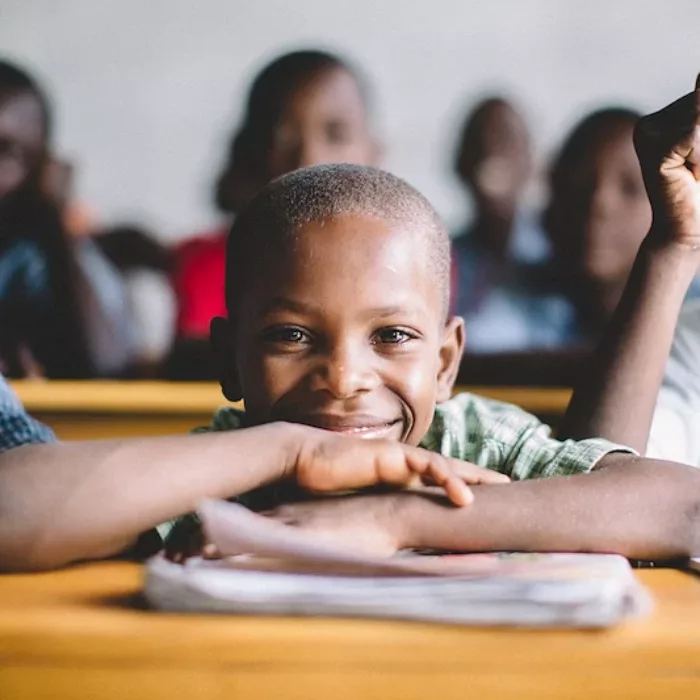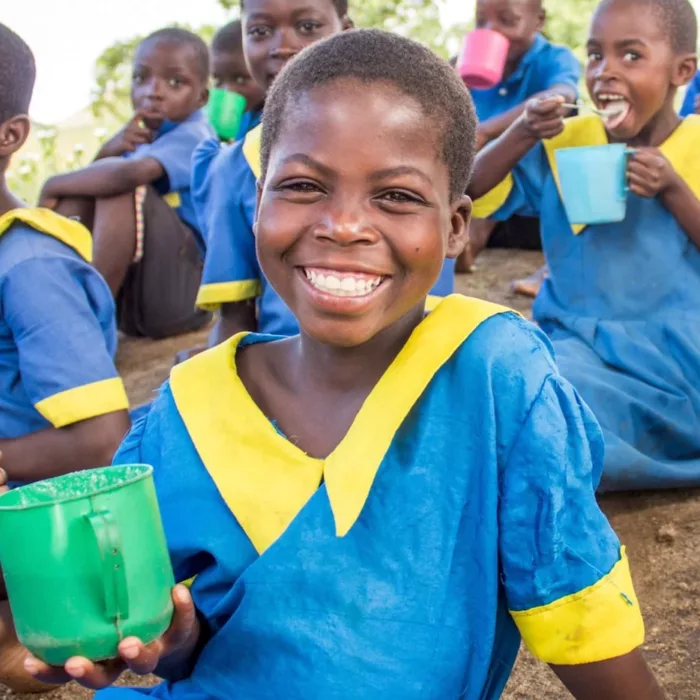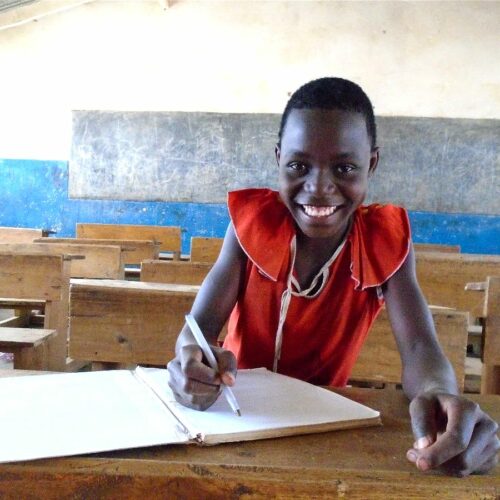Global Education and
Community Development
OUR WORK
OUR WORK

Through REACH, IAPW’s global, Rural Education and Community Development program, we bring schools and resources to rural communities in some of the most economically disadvantaged countries, harnessing the power of education to empower all children to have a voice in the world.
Education empowers children to reach their full potential and secure a brighter future. Yet, millions of children living in extreme poverty do not have access to education.
With 34 schools in 8 different countries, we’ve provided thousands of children with access to education, helping to break the cycle of poverty and illiteracy. Whether it’s been built so that children wouldn’t have to walk 10km to the nearest school or remodeling an existing school with updated facilities to provide a clean, safe, and nurturing learning environment, every school has made a difference in a community.

Sitting in counsel with elders, educators and parents in the community, we identify remaining barriers to education for students and work to implement supporting, wraparound services such as clean water, sustainable farming, school meal programs, solar power, adult literacy, technology support, and teacher training.

Milca Msewa is 13 years old and in the 6th grade. Her favorite subject is English and she wants to be a doctor when she grows up. With a school in her community, she’s now much more likely to achieve her dream.

Breaking the cycle of poverty and illiteracy is critical to empowering the next generation of leaders. So far, we’ve built 34 schools in 8 different countries. Collectively, our schools serve more than 7,000 students and their families.
Global Reach
In 2019 and 2023, our Youth Ambassadors traveled to build a school in support of a rural, indigenous community in the Quichė region of Guatemala. We also provided additional infrastructure and resources by installing a playground and sharing social emotional learning opportunities for the students. Guatemala is one of the most economically challenged countries in the Western Hemisphere. Only 74.5% of Guatemalans aged 15 and over are literate, the lowest literacy rate in Central America.
Global Reach
IAPW has funded the construction of 6 primary schools in Malawi and we have recently completed our first secondary school with a coalition of partners. Malawi is one of the least developed countries in the world, with the vast majority of Malawians living in rural areas in communities where up to 90% of adults are unable to read and write.
Global Reach
About 25% of the population in Nepal lives on less than $1.25 per day and access to quality education can be out of reach. The prevalent educational gender bias in Nepal means that if faced with the choice, parents tend to invest more money in the education of boys. Our two schools in Nepal are breaking that cycle by supporting 600 students, half of which are girls.
Global Reach
In 2009, IAPW funded the construction of our first international school. Since then, IAPW has funded the construction of six more schools in Mali, the fifth most economically disadvantaged country in the world.
Global Reach
With two schools built in Burkina Faso, we are helping to break the cycle of poverty and illiteracy in a country that has the lowest level of literacy in the world. Seventy-eight percent of its population is unable to read and only fifty-eight percent of children attend primary school. Sixty-four percent of the population lives below the poverty line and the average child attends less than two years of school in their lifetime.
Global Reach
IAPW has funded the construction of 6 schools in Haiti, with an additional temporary school built post-earthquake in 2021. The most economically disadvantaged country in the Western Hemisphere, Haiti is beset with chronic poverty, economic, political, and social difficulties, as well as a number of natural disasters. Currently, the majority of Haitians lack access to quality education.
Global Reach
Despite an educational system that enables every citizen access to education, 61% of the population in Senegal is illiterate. In rural areas, children may have to travel long distances on foot only to arrive at underfunded schools that can be unsafe and ill-equipped. With three schools built in Senegal, we’re bringing education close to home, keeping students safe and supported, giving them the tools they need to thrive.
Global Reach
We have funded the construction of three schools in rural Nicaragua. Hosting over 300 students, the schools provide educational resources to children in a country where only 50% of children complete primary school.
Thank you infinitely for the classrooms, the environment, the joy and the games. Children used to not go to school. This new school has improved the children’s study habits by 100%. The materials are excellent. The quality of education has improved. Thank you very much for caring about the future of our children. We love you!
